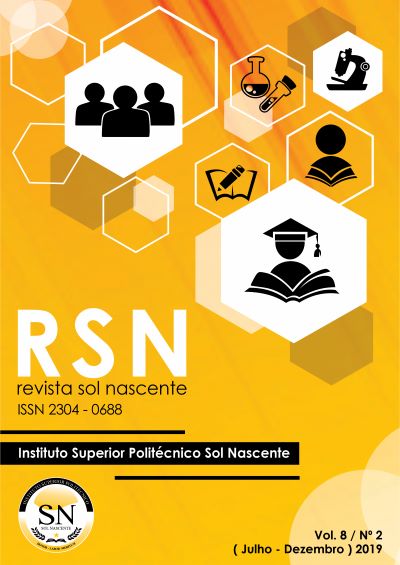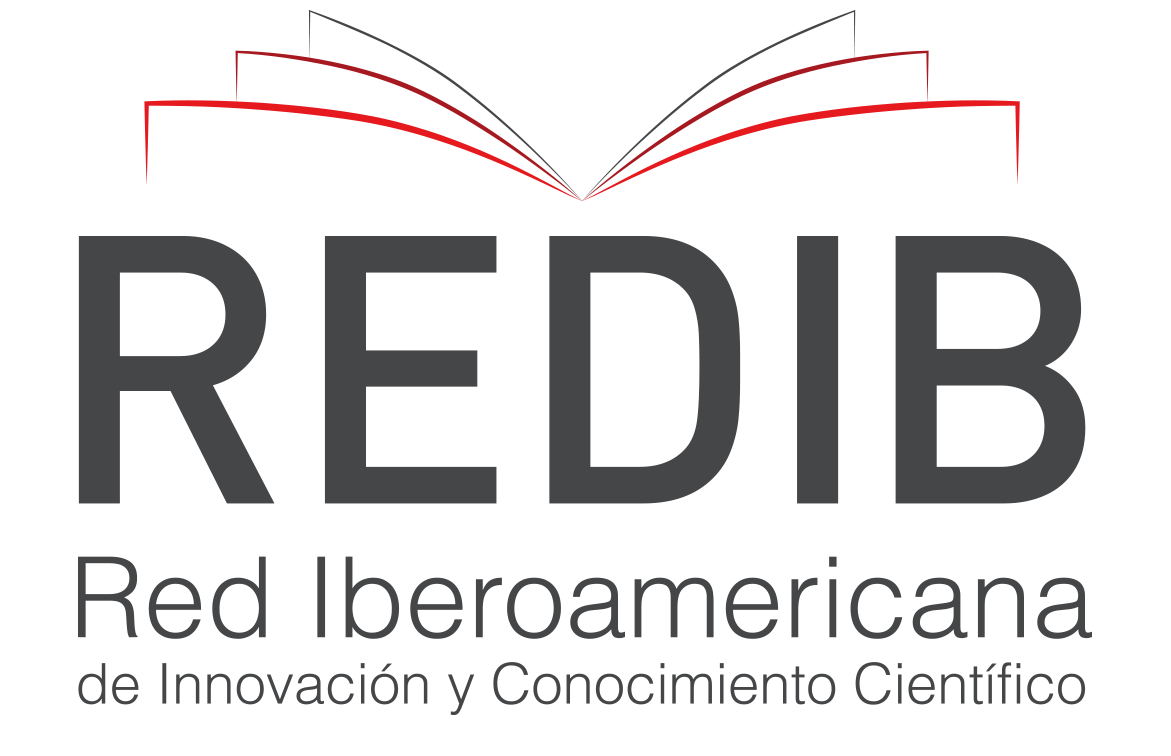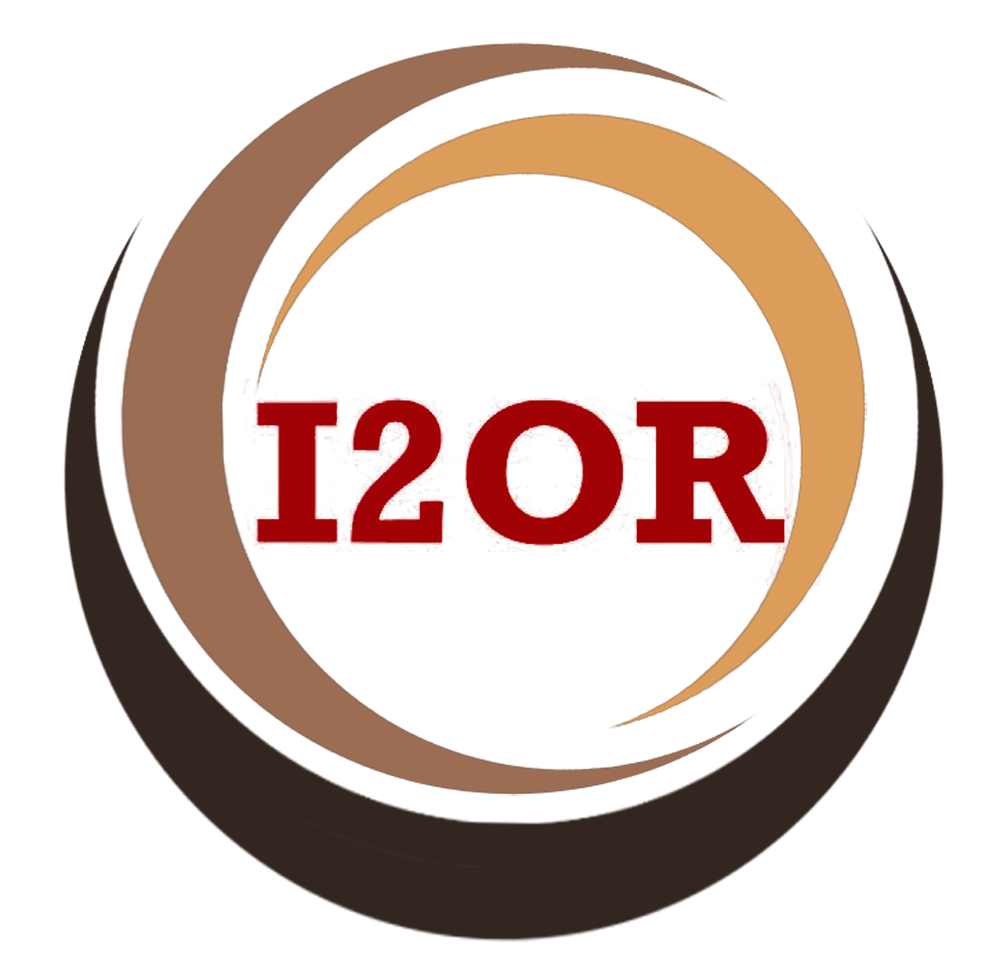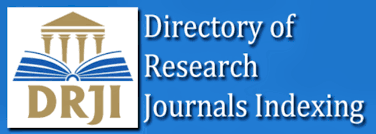The different faces of tics in the post modern era: ethical ruptures to the construction of authenticity
Keywords:
Keywords: Faces, ICTs, postmodern era, rupturesAbstract
The theme that we intend to address is really current, active, interesting and with a pressing need to be addressed from the Angolan university environment, because it is about revealing the advantages that ICTs present to contemporary man, but without failing to elucidate the rejuvenating chezilies it thrills, from this point of view the different faces they bear in postmodernity, as well as the resulting ethical disruptions, ipso facto requiring a critical rereading for the construction of true authenticity, given that contemporary world, and under the soft cover of ICT people bathe in the murky waters of falsehood, truth is relative, honesty is measured by cleverness, and good depends on circumstances. This gives rise to the starting question: how to build authenticity in the context of the hidden faces of Information and Communication Technology (ICTs)? The purpose of the present reflection is to describe the different faces of ICTs in the post modern era and, for its realization, syllogistic methods such as CPA (conceptualization, problematization and argumentation) were applied. The study proposes an ethics of authenticity based on disciplining egocentrism and developing altruism.
Keywords: Faces, ICTs, postmodern era, ruptures
References
Chikela, C. P. (2017). A juventude e as tics: a era da globalização e a preservação dos valores sociais. busca de uma cultura da convivência harmoniosa. Palestra realizada no Cuito Bié e promovido pelo Governo, 12 de Agosto de 2017.
Chikela, C. P. (2017). As cinco faces das TICs, são lições para a juventude. Artigo de opinião. Jornal de Angola, 8 de Setembro de 2017.
Cury, A. (2003). Pais Brilhantes, Professores fascinantes. Rio de Janeiro:Sextante Delors,J. (1996). Educação: um tesouro a descobrir, relatório para a UNESCO da Comissão Internacional sobre a educação para o séc. XXI. Editora Porto.
Durozoi e Rouseel (2013). Ciencia e Tecnologia. S. Paulo: Paulinas.
Freire, P. (s.d). Educação como Prática da Liberdade. 5ª edição. Lisboa: Dinalivro Lda.
Fullat, O. (2002). Filosofias de la Educacaion o Paidea. Madrid: CEAC.
Handy, C. (1996). A Era da Incerteza. Portugal: edições CETOP
Mondin, B. (1993), Rifare l’uomo. Roma: Dino Editore, Roma.
Monteiro, A. Dos R (2001). O Direito à Educação. Lisboa: Escolar editora.
Morin, E. (2002). Les sept savoirs nécessaires à l’education du futur (Os Sete Saberes Para a Educação do Futuro). tradução de Ana Paula de Viveiros. Lisboa: Instituto Piaget.
Morin, E. (2005). O Método VI: Ética. Publicações Europa-América. Portugal: Biblioteca Universitária.
Morra, G. (1996), Postmodernità o crisi della modernità? 2. Ed. Milano: Armando Editore.
Nietzsche, F. W. (1991). A ciência Gaia, Livro V, nós sem medo, Assim falou Zaratrusta. 2ª ed. Tradução de Rubem Rodrigues. S. Paulo.
Pinto, V. (2005). Era das TICs. S. Paulo.
Rabelais, F. (s.d.). Pedagogia e Comunicação. Paris.
Rostand, J. (1992). Epistemologia das Ciencias. Lisboa.
Russel, B. (2004). História do pensamento occidental. Traduçaõ de Laura Alves e Aurélio Rebello. Rio de Janeiro: Ediouro.
Santos, R. B. Dos. (2011). A tutela jurídica da afectividade. Os laços como valor jurídico na pós – modernidade. São Paulo: Jurua editora.
Sousa, A. B. (2003). Educação pela Arte e Artes na Educação, 1º volume-Bases Psicopedagógicas. Lisboa: Instituto Piaget.
Valentim, I. (2014). DAVID, ou sobre os valores da educação estética: análise de uma teología da consciência. Huambo: ISPSN. Instituto Superior Politécnico Sol Nascente.
Valentim, I. (2019). Contra a Pedagogia. A difícil tarefa de ensinar a ensinar: Lições de Filosofia da Educação e de Teoria da Educação no Instituto Superior Politécnico Sol Nascente. SN: Angola.
Downloads
Published
How to Cite
Issue
Section
License
Copyright (c) 2021 Celestino Piedade Chikela

This work is licensed under a Creative Commons Attribution-NonCommercial-ShareAlike 4.0 International License.























